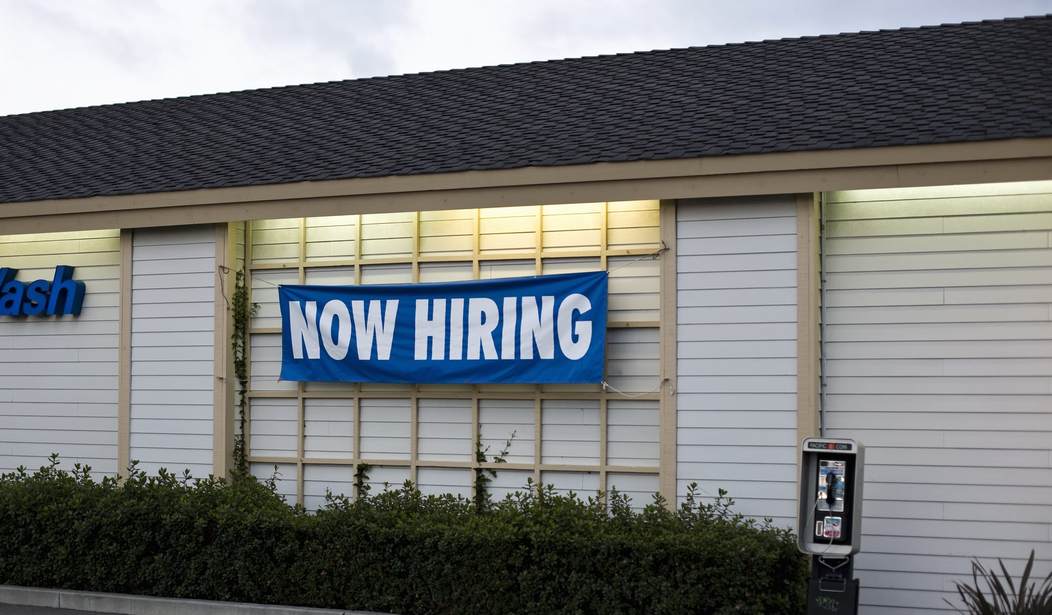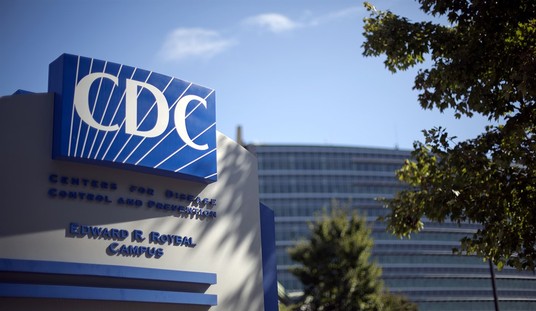The White House Council of Economic Advisers issued a report that says 53% of non-disabled working age Medicaid recipients work zero hours a month.
Fifty-three percent of non-disabled working age Medicaid recipients worked an average of zero hours per month while receiving benefits, according to a Thursday report from the White House Council of Economic Advisers.
The subset of recipients with the largest percentage of non-workers was adults aged 50-64 without children, according to the report. The subset with the smallest percentage of non-workers was working age recipients with a youngest child aged 1 to 5, with 49 percent of recipients reporting an average of zero work hours per month.
Of individuals receiving Supplemental Nutrition Assistance benefits, 54 percent of non-disabled working age adults reported an average of zero hours of work per month while receiving benefits, according to the report.
For non-disabled working age adults receiving housing assistance, 45 percent reported an average of zero work hours per month when receiving benefits.
What are taxpayers owed from those who receive these benefits? Ask a liberal that question and howls of outrage would be heard. Taxpayers should just shut up and keep sending those checks to the IRS.
But in the society that we’ve created, the question is perfectly legitimate. The Council’s statement that accompanied the report tries to answer that question:
“The American work ethic, the motivation that drives Americans to work longer hours each week and more weeks each year than any of our economic peers, is a long-standing contributor to America’s success,” the White House Council of Economic Advisers report states, but “many non-disabled working-age adults do not regularly work, particularly those living in low-income households.” The labor force participation rate for the overall work force was 62.9 percent in June, according to the Bureau of Labor Statistics.
We used to call it the “protestant work ethic” but that might offend someone so we’ve left that behind. But no nation’s workforce embodied that ethic more than America’s. It’s not only a question of hard work leading to success. It’s also a matter of thrift — living within one’s means to achieve personal independence and become self-sufficient.
These values were ingrained in the culture to the point that all races, all religions, all ethnic groups accepted them as a matter of course.
Has the “social safety net”/welfare state destroyed those values? It has certainly weakened them so that the programs we’ve created to deal with poverty actually perpetrate it, and may even encourage it.
I don’t think anyone can argue that SNAP, Medicaid, housing assistance, and other poverty programs aren’t necessary. In an urbanized, industrial democracy, not everyone can grow their own food or engage in hunting and gathering. Some people would starve or go homeless without government assistance. Most of those starving, homeless people would be innocent children.
But it is legitimate to ask questions of just who is “deserving” among the deserving poor and what taxpayers can expect from those who are capable of working but refuse to do so. We should also ask questions of corporations, defense contractors, Wall Street bankers, and others who also receive benefits whether they be oil depletion allowances or industry specific tax breaks. Why is the expenditure of tax dollars in these instances valid?
If more politicians in Washington would ask these questions before appropriating $4.7 trillion dollars of the federal budget, we may be surprised at how much of the taxpayer’s burden is eased.










Join the conversation as a VIP Member